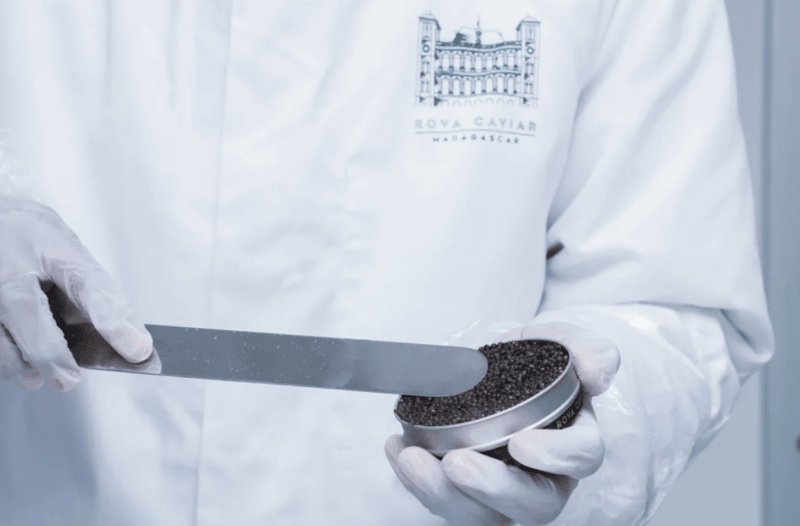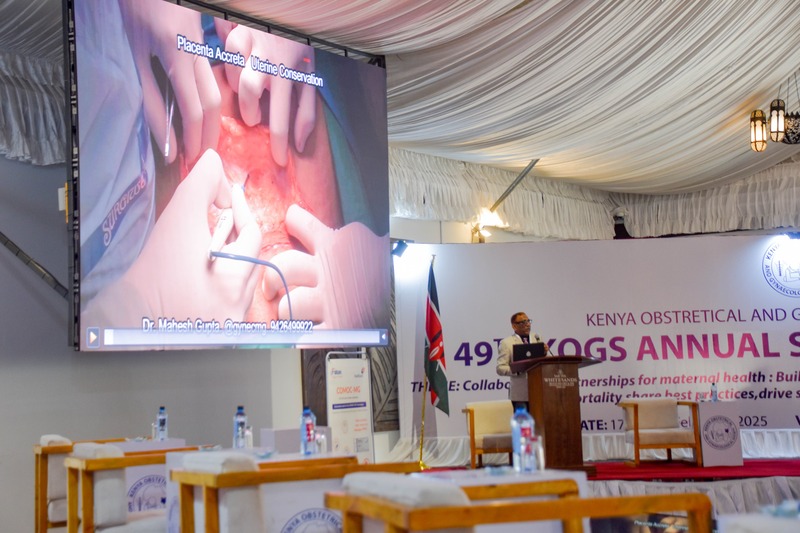The heart has sweet tooth: Scientists discover taste receptors in heart cells

Researchers have discovered that the heart has "sweet taste" receptors, similar to those on your tongue, that respond to sugary substances and influence how your heart beats.
Have you ever noticed that eating something sweet makes you feel good, not just emotionally but physically too?
Well, science may have just uncovered a fascinating reason why!
More To Read
Researchers have discovered that the heart has "sweet taste" receptors, similar to those on your tongue, that respond to sugary substances and influence how your heart beats.
Traditionally, taste receptors were thought to exist only in the mouth, helping us detect flavours.
However, recent studies have found these receptors in other parts of the body, where they serve different roles.
The groundbreaking research was published in the Biophysical Society and is set to be presented at the 69th Biophysical Society Annual Meeting in February 2025.
In the research, scientists identified two specific "sweet taste" receptors, TAS1R2 and TAS1R3, on heart muscle cells.
More surprisingly, these receptors appear to play a role in modulating heartbeat and heart function.
When scientists stimulated these receptors in human and mouse heart cells with aspartame, a common artificial sweetener, they noticed the heart muscles contracting more powerfully and managing calcium more efficiently, both key for a healthy heartbeat.
"After a meal, heart rate and blood pressure naturally rise," said Micah Yoder, a graduate student at Loyola University Chicago, and lead researcher.
"Until now, this was thought to be controlled by neural signals. But our findings suggest a more direct link, when blood sugar spikes after eating, it binds to sweet taste receptors on heart cells, changing the way the heart beats."
Interestingly, the scientists found that people with heart failure have more of the "sweet taste" receptors, TAS1R2 and TAS1R3, in the heart, suggesting a possible link to the disease progression.
Since the failing heart shifts its metabolism to rely more on glucose, Yoder said these receptors might help it adapt to the new energy demands.
This discovery may also shed light on why consuming too many artificial sweeteners has been linked to irregular heartbeats (arrhythmias).
Overstimulation of these sweet receptors, particularly by artificial sweeteners like aspartame, was found to increase arrhythmic behaviour in heart cells.
For now, it is clear that your heart does more than just pump blood, it might actually "taste" the sweetness in your tasty snack!
Top Stories Today

















